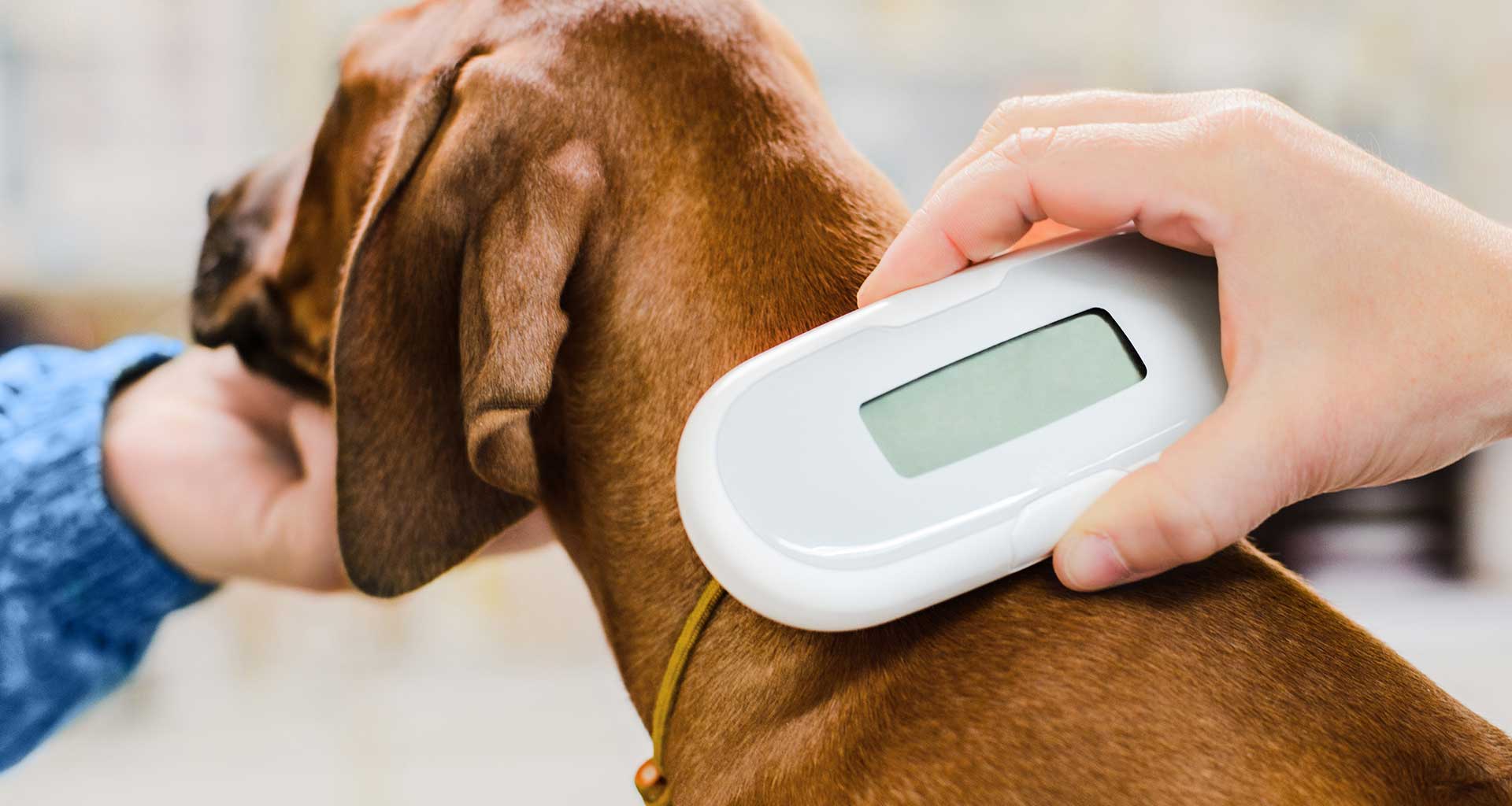What are intestinal worms in pets?
Pets are susceptible to many health issues, including infection with intestinal worms. Intestinal worms are parasites that live in the digestive tracts of animals and humans, causing discomfort and leading to serious health problems if left untreated. These parasites typically enter the body through contaminated food or water, or contact with an infected animal. While there are several types of intestinal worms that can infect pets, they all have similar symptoms and require prompt treatment.
Intestinal worms, also known as parasitic helminths, are a common and potentially serious health issue for both cats and dogs. They can cause a wide range of symptoms, from mild to severe illness or even death. As pet owners, it is important to understand the different types of intestinal worms that can affect our furry friends and how they can be prevented and treated. What is the nature of these parasites, their effects on pets, and strategies for prevention and treatment?

What types of worms are common?
It is not uncommon for pets like dogs and cats to contract intestinal worms. Intestinal worms are parasites that can live in the intestines of animals and humans, often causing an infection known as helminthiasis. Understanding the different types of intestinal worms that commonly affect pets is important for their health, so here’s what you need to know.
These parasites often occur due to contact with contaminated soil, faeces, or water. Common types of intestinal worms found in pets include roundworms, hookworms, and tapeworms. The presence of intestinal worms can be detected through the examination of faeces samples.
The most common type of intestinal worm seen in cats and dogs is roundworms. These white or yellow-coloured worms can grow up to 8 cm long, and may be seen crawling around the anus or passing in faeces. Other types of intestinal worms found in pets include hookworms, whipworms and tapeworms – all of which have their own distinct characteristics. Hookworms are small red-brown coloured parasites that attach themselves to the lining of the intestines; whipworms have a long thin body; and tapeworms look like flat ribbons made up of segments filled with eggs.
What are the symptoms and risk factors of intestinal worms in pets?
The presence of intestinal worms in pets can be a cause for concern for pet owners. It is important to recognize the symptoms and risk factors associated with these parasites so that early detection and treatment can occur. During a pet check-up, a veterinarian may recommend testing for intestinal worms as part of routine preventative care.
Intestinal worms, or helminths, are potentially harmful parasites that live in the gastrointestinal tract of animals. Common symptoms of intestinal worm infestations include vomiting, diarrhoea, anaemia, weight loss and abdominal tenderness. These parasites are typically acquired through contact with other infected animals or contaminated soil containing eggs or larvae. Young animals who spend time playing outdoors are more at risk than those who stay indoors primarily; however, any pet can be susceptible to these parasites if not properly monitored.
Risk factors associated with intestinal worms include close contact with wildlife or other animals that may be infected, contact with soil contaminated by dog or cat faeces, eating raw meats or fish, and poor hygiene habits. Pets who are not regularly dewormed are also at increased risk of developing this parasitic infection. If you think your pet may have intestinal worms it is essential that they receive medical attention from a veterinarian as soon as possible to minimise the severity of their symptoms and prevent further complications.

How can we prevent intestinal worms in pets?
Prevention measures for reducing the risk of intestinal worms in pets include regular deworming treatments, keeping outdoor areas clean to reduce exposure to contaminated soil, avoiding contact with wildlife that may transmit worms, and administering preventative treatments. Deworming medications should be given according to a veterinarian’s instructions and should be repeated at least every three months for cats and dogs that live in environments where there is a higher risk of exposure. Environmental management is also key when it comes to preventing intestinal worms in pets.
What treatment options are available?
Intestinal worms are a common problem that can affect pets. Prevention is the most important step in eliminating and avoiding intestinal worm infestations, but treatment options are also available. There are numerous medications on the market designed to treat intestinal worms that can be administered orally or topically.
The type of medication administered depends on the type of worms present and their severity. In mild cases, an oral medication may be prescribed to remove adult parasites from the intestines, whereas more severe cases may require one or more topical medications to not only rid the pet of existing parasites but also prevent future infestations. Additionally, veterinarians often recommend deworming treatments at regularly scheduled intervals for optimal prevention against potential infestations moving forward.
It’s important that pet owners understand the available treatment options to keep their furry friends safe and healthy. For specific recommendations and instructions, please speak to our wonderful team.





